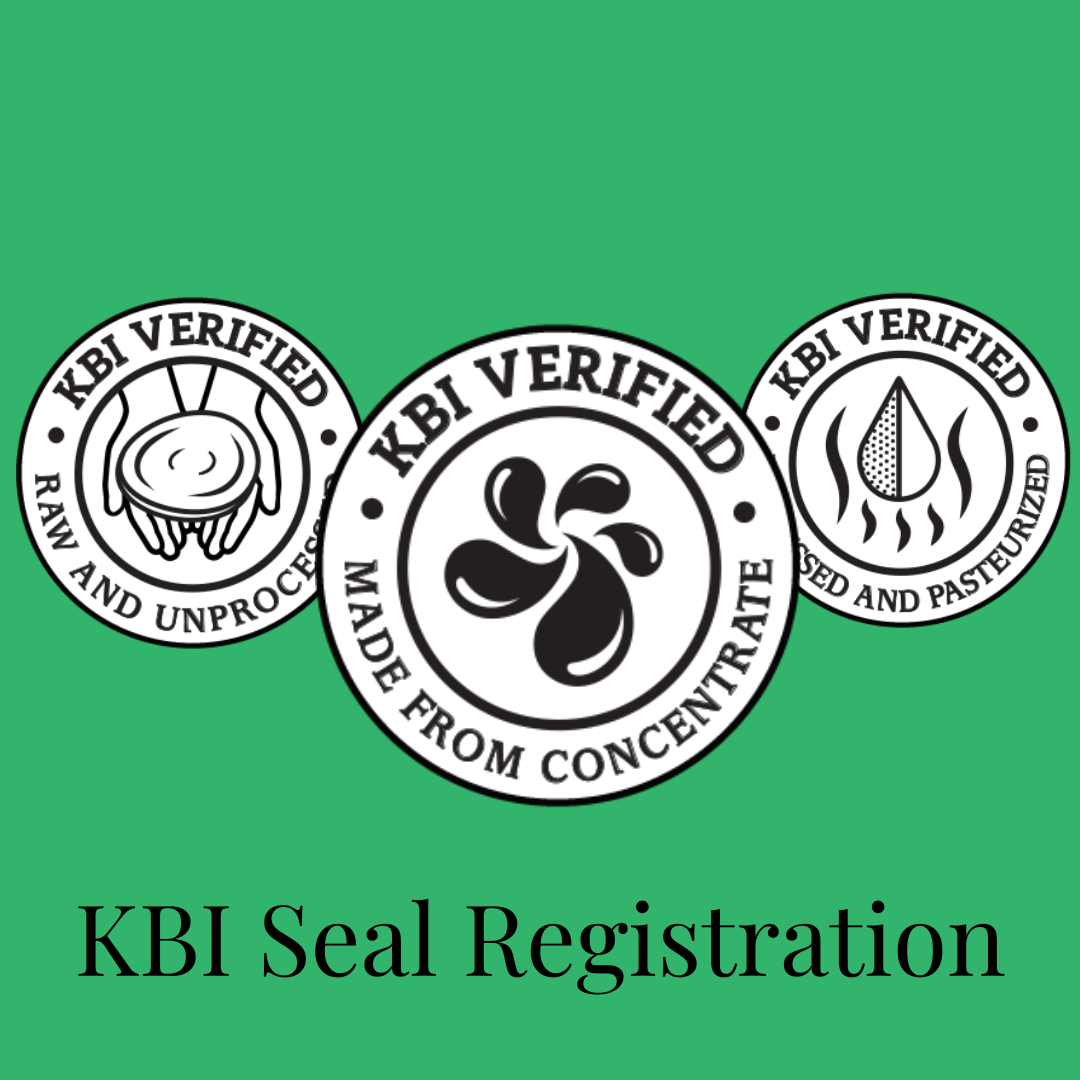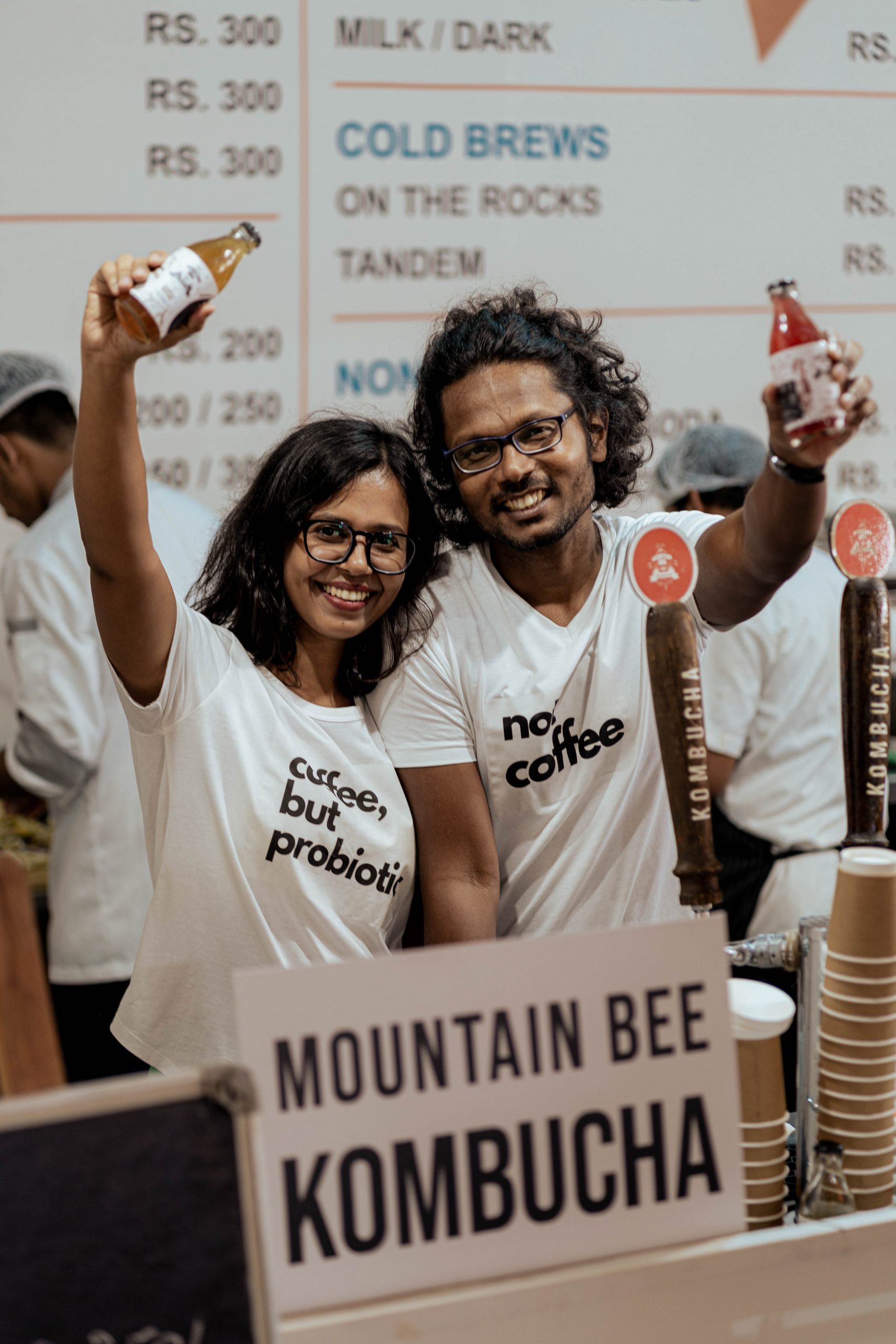
About Us
Menu
Advertising
Menu
Kombucha is fermented tea! Just like yogurt is fermented milk and sauerkraut is fermented cabbage, Though the Kombucha commercial industry is new, the drink is much older as it has been consumed for hundreds of years in every country on the planet.
Tea [Camelia sinensis], Sugar [sucrose], SCOBY [fermentation culture], flavorings [juice, fruit, herbs, etc]
pH = 2.5-3.8
Acetic acid ferment: ~1%
By comparison, vinegar is diluted to 4-8% acetic acid
ABV = 0-2% for traditional, non-alcoholic ferments
ABV = 4-8% for Kombucha beer or high alcohol Kombucha hybrid ferments
Stainless Steel 304 & 316, 1
Neoprene Vinyl
1 British Stainless Steel Association – 304 types are used for most applications, including handling and storage.
In a draft Kombucha set up, here are the components that come into contact with product.
Kombucha is naturally antimicrobial. It’s low pH and mix of organic acids have been shown to kill known pathogens on contact.
The antimicrobial activity of Kombucha was investigated against a number of pathogenic microorganisms. According to the literature on Kombucha, acetic acid is considered to be responsible for the inhibitory effect toward a number of microbes tested, and this is also valid in the present study. However, in this study, Kombucha proved to exert antimicrobial activities against E. coli, Sh. sonnei, Sal. typhimurium, Sal. enteritidis, and Cm. jejuni, even at neutral pH and after thermal denaturation. This finding suggests the presence of antimicrobial compounds other than acetic acid and large proteins in Kombucha. 2, 3, 4
Pathogens Sensitive to Kombucha
For more information, check out our Best Practices Page
2 Sreeramulu, Guttapadu, Yang Zhu, and Wieger Knol. “Kombucha fermentation and its antimicrobial activity.” Journal of agricultural and food chemistry 48.6 (2000): 2589-2594.
3 Sreeramulu, G., Y. Zhu, and W. Knol. “Characterization of antimicrobial activity in Kombucha fermentation.” Acta Biotechnologica 21.1 (2001): 49-56.
4 Cetojevic-Simin, D. D., et al. “Antiproliferative and antimicrobial activity of traditional Kombucha and Satureja montana L. Kombucha.” J BUON 13.3 (2008): 395-401.

No spam. We never sell your data. Update your preferences or unsub anytime.

Honey Islam, Mountain Bee Kombucha, Indiranagar, Bangalore Q: When did you first discover kombucha? A: I first encountered it in 2016 at an arts festival

Nicole Leon, Verde Sol, Belen, Costa Rica Q: When did you first discover kombucha? A: I first discovered kombucha 5 years ago. Q: Why did

Michele Vanlangenaeker, Wild Boocha Kombucha, Singapore Q: When did you first discover kombucha? A: In 2018 after my business partner discovered kombucha on a trip
Willie Kennon, Rogue Kombucha, Grants Pass, OR Q: When did you first discover kombucha? A: I started drinking kombucha around 2011 Q: Why did you